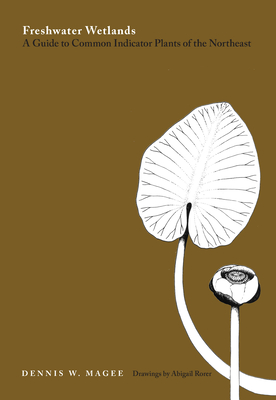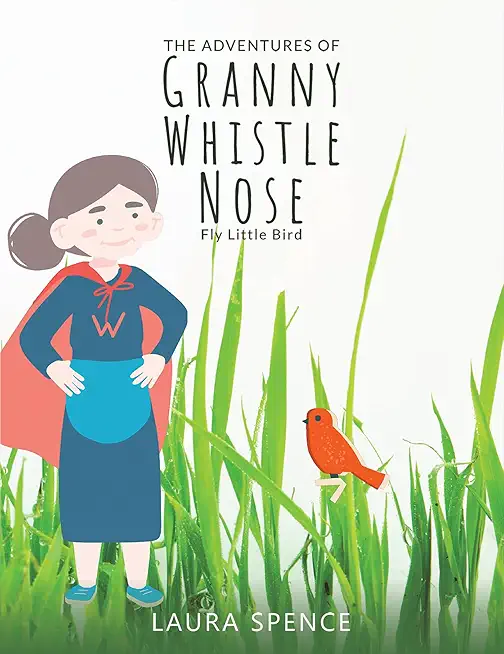
Magee, Dennis
product information
description
4Although public interest in wetlands has grown considerably in recent years, the associated issues of legislation and environmental policy are often confused by the need to correctly define a wetland area. Much of the difficulty comes from an inability to identify wetland indicator species and to determine whether a given area contains a significant proportion of such plants. The 182 species treated in this work represent the fast majority of genera commonly encountered in freshwater wetlands throughout the Northeast, consequently, this will prove an invaluable book for those concerned with how a correct definition of wetland areas affects decisions about land use, development, and/or conservation. Following a brief introduction that discusses the functional values of wetlands and describes their various types, the manual is organized into two major components, the first consisting of keys that are based on life form and arrangement of plant parts, the second consisting of a description of each species. Such factors as range, habitat, general characteristics, stem, leaves, inflorescence, fruit, and similar species are covered in the descriptions.
member goods
No member items were found under this heading.
Return Policy
All sales are final
Shipping
No special shipping considerations available.
Shipping fees determined at checkout.







